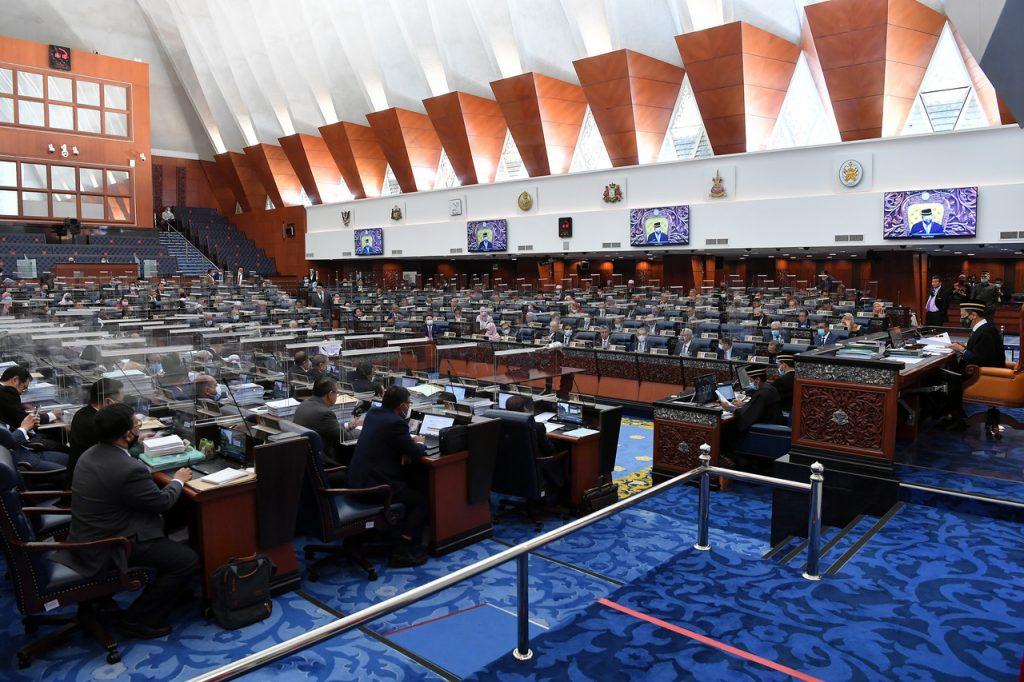ERC moots radical shift in determining Dewan Rakyat representation
The government-appointed committee says it's time to do away with the age-old first-past-the-post system inherited from Britain.
Just In
The committee appointed by Putrajaya to look into reforming the electoral system says it’s time that the federal government is chosen through a proportional representation system instead of the current first-past-the-post (FPTP) method which Malaysia inherited from its former colonial masters after independence.
The Electoral Reform Committee (ERC) made this suggestion alongside 48 others, MalaysiaNow has learnt through a report submitted to the government in August this year.
The ERC said it prefers the Closed List Proportional Representation (CLPR) system, saying it ensures a fair distribution of seats as this is based on the total votes that a party receives.
It believes this will improve the quality of debates and the law-making process at the national level.
“The CLPR system is a proportionate system. The number of seats won in the Dewan Rakyat will be determined by the total votes won by each political party,” the ERC said.
It noted that the system is also currently adopted in Britain at the municipal level, although the British parliament still maintains the FPTP.
Many former British colonies still use the FPTP, although Australia, New Zealand, Ireland, Cyprus, Malta and South Africa have since switched to a proportionate system in their elections.
Under the FPTP, the candidate with the most votes in a constituency wins a seat in the Dewan Rakyat.
Under the CLPR however, a party winning half the vote, for example, would win half the seats.
There is also no need for election constituencies or their delineation; votes are given to a political party instead of a candidate fielded in a certain constituency.
“Under the system, all votes will be counted (except spoilt votes), giving merit for political parties to contest. As such, the concept of ‘wasted votes’ is decreased or abolished altogether,” the ERC said.
“Basically, the votes counted will earn points for the parties to be given seats in the Dewan. Due to its comprehensive character, the ERC views the system as very suitable for federal representation and not for state assemblies.”
The ERC said the method of distributing the number of seats through “block constituency”, as is the case with the CLPR system, is more fair to smaller political parties, including those representing minority groups and ethnicities, and gives them a better chance at being represented in the Dewan Rakyat.
“In the context of greater quality of participation, the ERC feels that the CLPR is the most democratic and suitable system to follow.”
It said under the system, political parties may submit their list of candidates to the Election Commission (EC).
Giving an example, it said if 40% of the total votes for a party means 80 seats, the first 80 candidates from the list will be chosen to become MPs.
The number of constituencies meanwhile will be based on the latest amendment to Article 46 in the Federal Constitution, which gives a breakdown of the number of federal seats from each state.
“In the context of greater quality of participation, the ERC feels that the CLPR is the most democratic and suitable system to follow,” the report said.
It said for state assemblies, the FPTP system should be retained as debates at the state level are more on local issues.
“At the state level, voters need easy access to their representative so that requests and local problems can be made known to them.”
The ERC, headed by former EC chairman Abdul Rashid Abdul Rahman, was tasked by the previous Pakatan Harapan government with addressing weaknesses in the electoral system.
Rashid recently expressed confidence that all 49 recommendations by his team would be implemented.
They include a suggestion to remove the advantage of the government in power to surprise its rivals with the dissolution of Parliament, an end to nomination day gatherings, the automatic registration of voters, and a law to provide for the presence of international observers in the hope of giving more credibility to the system.
Subscribe to our newsletter
To be updated with all the latest news and analyses daily.
